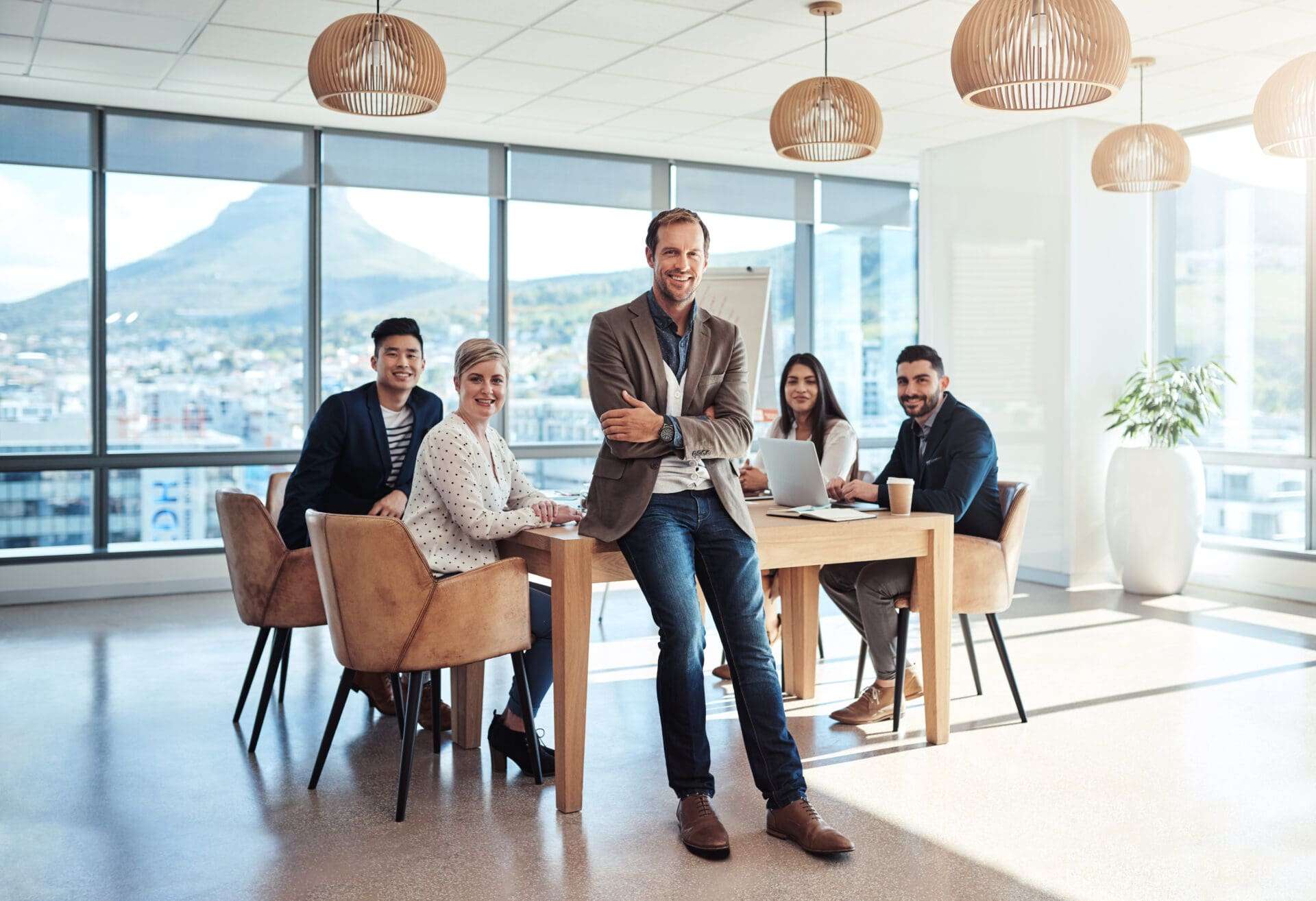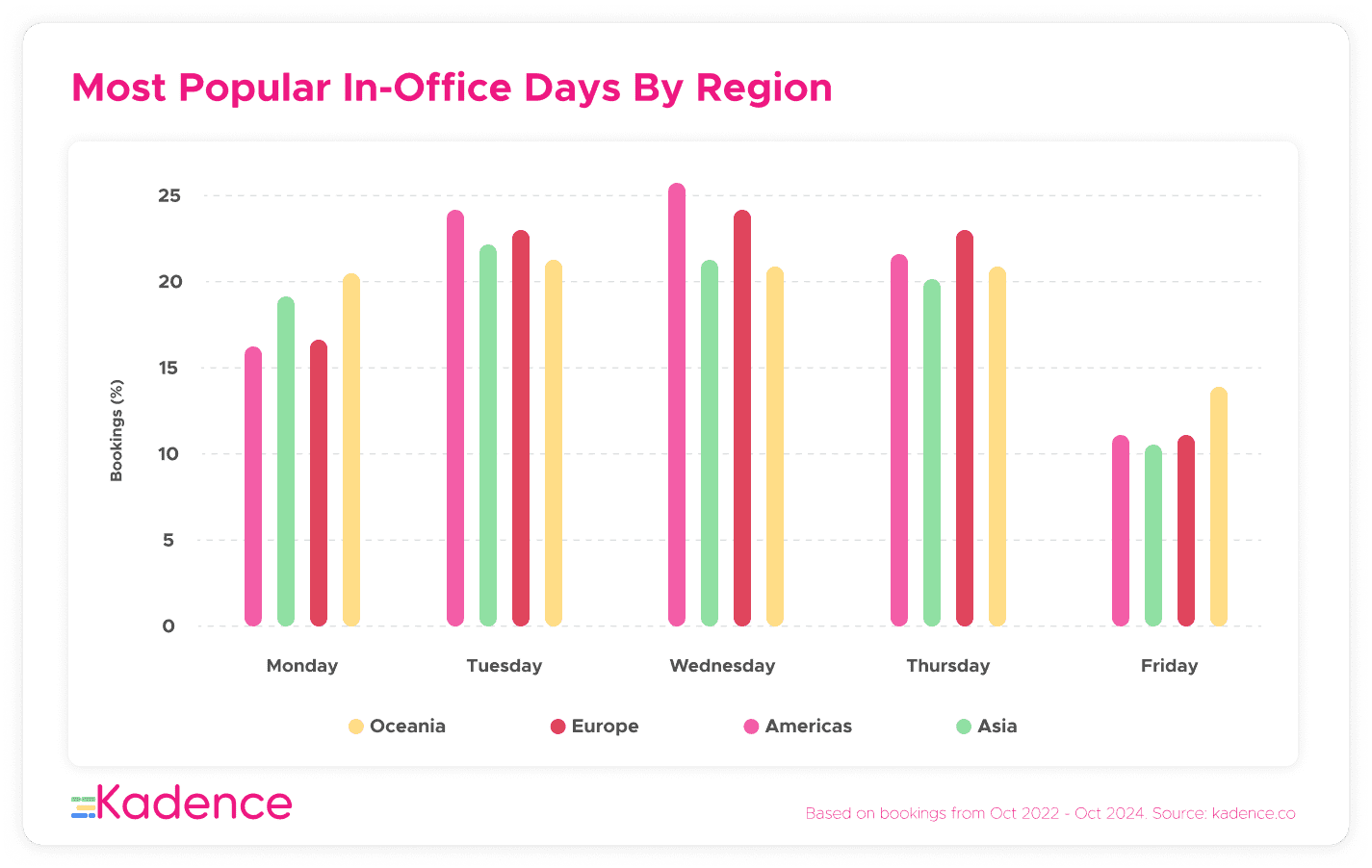New research shows office workers’ professional lives have improved since gaining greater autonomy over their working week.
San Francisco and London: New research from Kadence has revealed that after a year of flexible working, almost two-thirds of US and UK office workers (62%) now feel more trusted to do their job effectively. Of those workers, half also feel more motivated to do a better quality job (51%) and go the extra mile (48%) thanks to their new working arrangements.
Data from future of work specialist Kadence suggests employees are working more productively and efficiently thanks to the greater flexibility of time and place they’ve experienced outside of the traditional office. More than six in 10 workers said they feel an increased sense of trust because they’re not micromanaged as much as before the pandemic (64%) and are more free to do their work in a time that suits them best (63%).
As workers embrace hybrid and flexible approaches to work, businesses need to support their staff to foster an appropriate work-life balance. Of the 2,000 workers surveyed, close to three-quarters (74%) reported an increase in their use of online communication tools, not only during their contracted working hours but outside of them too (71%).
31% have found that the prolonged use of these tools leaves them with less desire to socialise with friends and family after work, and makes it harder to communicate in real life.
True hybrid working, which strikes the right balance between remote and face-to-face time, could help to retain the productivity benefits of being at home, while tackling the habits that lead to burnout, like the overuse of technology. In fact, over half of workers said they would prefer face-to-face meetings at least once a week (51%), and would rather have them in the office (52%). Having the tools to find and book meeting spaces easily was also a priority (40%).
Dan Bladen, CEO and founder of Kadence comments:
“It’s clear that a culture of trust is needed for businesses and individuals to thrive as we shift to hybrid ways of working. Employers must move beyond physical location and shape the future of work with employee experience in mind, ensuring it’s easy to coordinate remote and in-person time and that staff have resources tailored to their needs.
“As offices open up, business owners should pay attention to the evolving needs and behaviours of their employees to understand how individuals prefer to work and where they flourish, so they can create a supportive hybrid environment. This also means encouraging a balance, where employees work productively but also know when to stop, to prevent burnout.
“The pandemic proved that it’s possible for workers to be productive anywhere. Now it’s up to businesses to design work around their people, maintaining the flexibility they’ve become accustomed to, and enabling them to get the best work done, wherever they choose.”




